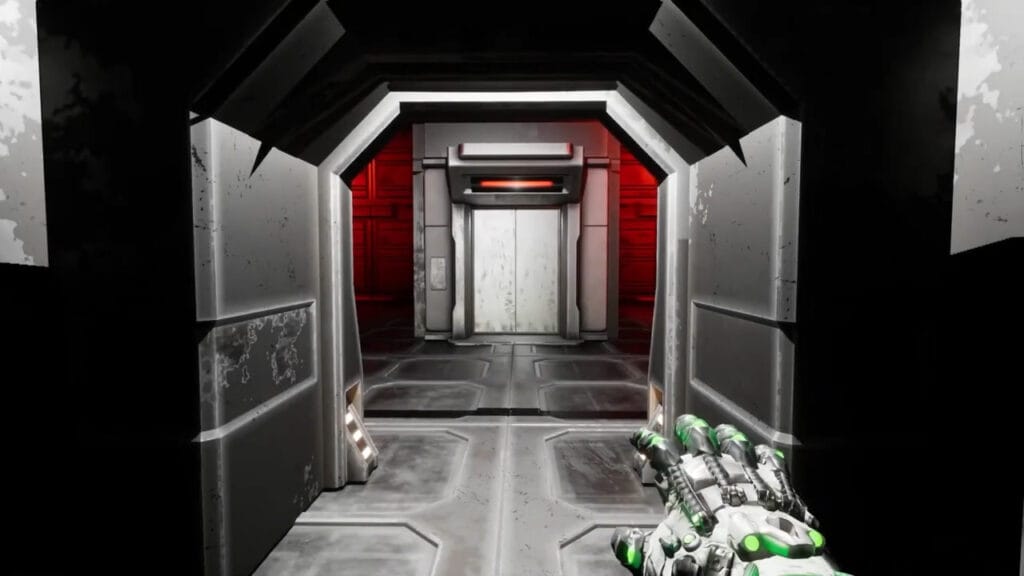International students

Joining Futuregames
Futuregames is an international game development school with campuses in both Sweden and Poland. We are proud to welcome students from all around the world into our community.
This page is here to guide you if you are considering moving to Sweden to study at Futuregames. You’ll find practical information about studying and living in Sweden. If you are looking to study abroad but Sweden is not the right fit for you, our Warsaw campus also offers a range of programs in game development.

Resident Permit/Visa
Studying in Sweden?
Although Futuregames can provide with some guidance regarding the Swedish Migration Agency, it is the student’s own responsibility to ensure that they are eligible for a Swedish residence permit for the duration of the study and fulfill all migration requirements.
Accommodation
Let’s talk about accommodation!
Student housing options and routines vary depending on the location. For detailed information, visit the page for your specific campus.
Other useful contacts
Contact
If you wish to get more information, please contact us by sending an email to international@futuregames.se.